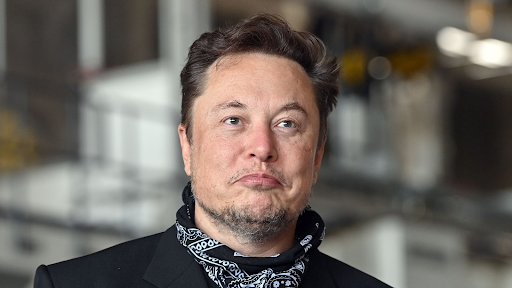Elon Musk’s lawsuit is not just an antitrust complaint; it’s an allegation of profound betrayal. The legal filing leans heavily on the history of OpenAI and Musk’s role as a co-founder, using this backstory to frame the company’s current actions as a deliberate and cynical reversal of its founding principles.
The complaint meticulously recounts OpenAI’s origins as a non-profit research lab dedicated to open and safe AI development. It then contrasts this noble beginning with its current status as a for-profit powerhouse engaged in what Musk calls a “conspiracy” with Apple. This historical narrative is designed to evoke a sense of moral outrage and to paint the defendants as having acted in bad faith.
By positioning himself as a spurned founder, Musk seeks to lend his legal arguments a moral authority they might otherwise lack. He is not just a disgruntled competitor; he is the keeper of the original flame, suing to punish those who extinguished it for profit. This personalizes the lawsuit and turns it into a compelling story of betrayal.
OpenAI’s defense will have to counter this narrative directly. They must argue that their evolution was a necessary adaptation, not a betrayal, and that Musk’s version of history is a self-serving distortion. The court will thus be asked to rule not just on market dynamics, but on the very history and identity of OpenAI itself.

